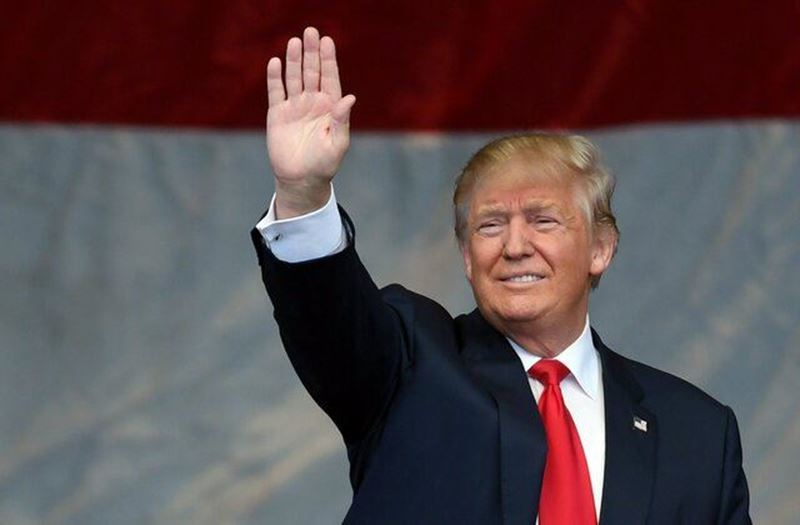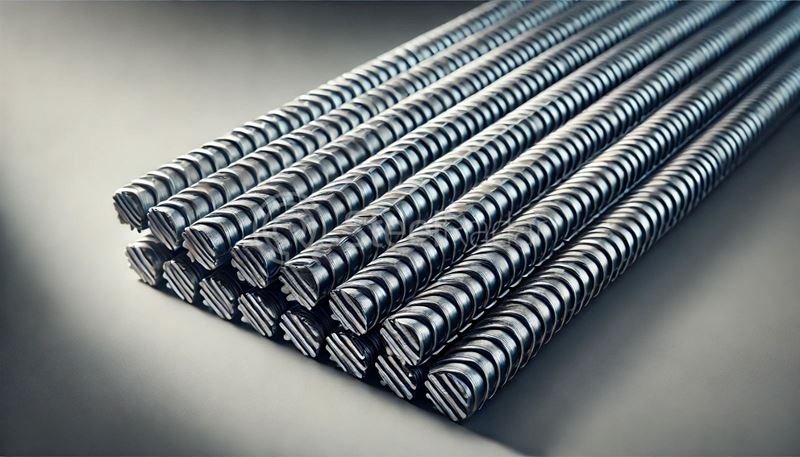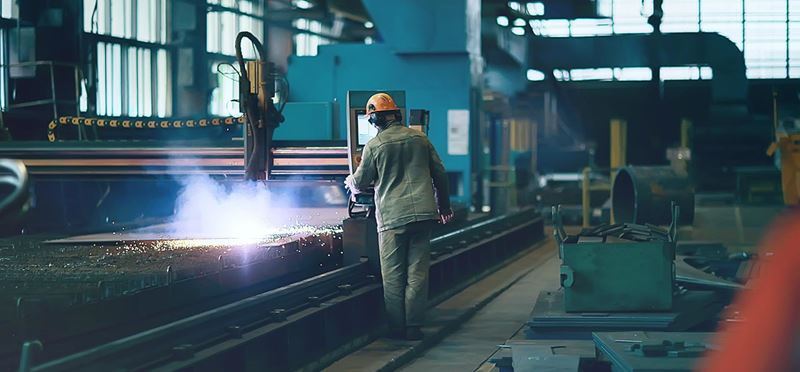Trump's protectionist trade policies during his previous administration, particularly his heavy tariffs on steel imports, had a major impact on global trade. Therefore, Trump's return to the presidency could open a new era for the industry.
Impacts on the European Steel Sector
Europe's capacity to expand its commercial and industrial influence globally is limited by a lack of both vision and resources (financial and intellectual). This clearly demonstrates Europe's dependence on the United States. Especially in the areas of defense and financial support, which is expected to decrease or be eliminated altogether under a possible Trump administration. This is expected to put Europe in a highly geopolitically fragile position, making it vulnerable to potential threats from Russia and further challenged by high energy costs caused by short-term sanctions policies.
Europe's expectations for support, especially on sensitive issues such as the Ukraine crisis, may not be met. This may increase the need for Europe to protect its own steel producers and may lead the European Union to tighten its own trade measures. Europe may increase its protection measures against new tariffs imposed by the US and impose more trade sanctions and restrictions.
Tensions with Türkiye and Economic Pressures
The US government is unlikely to directly and strongly affect scrap exports to Türkiye. The main reason for this is that the HMS 80/20 blend, which is predominantly used by the Turkish steel industry, does not match the primary demand of US steel producers. Therefore, although fluctuations in domestic demand in the US will affect export volumes, this effect will not be due to a direct government intervention.
However, the geopolitical dimension of the situation cannot be ignored. The Turkish government's policies to increase its influence in the markets of North Africa and the Middle East are at odds with US strategic objectives in the region. The US, with its policies towards Iran and its proxies, aims at regional restructuring and in this context may perceive Türkiye's growing regional influence as a threat.
Therefore, possible US economic sanctions against Türkiye are likely to be implemented through broader economic pressures rather than directly through scrap exports. This suggests that an economic confrontation or tensions between the two countries could emerge. Impacts on scrap exports could emerge as an indirect consequence of this larger geopolitical tension. As a result, the mismatch between Türkiye's regional strategy and US geopolitical objectives will be the most important factor shaping future steel and scrap trade.
The Asian Market and China's Role
China has been one of the countries most affected by the Trump-era trade wars. Since the Trump administration will pursue pro-American policies and support domestic production, additional tariffs on Chinese steel products may be imposed. If the Trump administration increases tariffs against China, it will negatively affect China's economic growth and domestic steel demand may decrease.
However, market participants believe that the outcome of this election could move various commodities, especially iron ore in China, in the long run. The Chinese government may have to implement more incentives and policies to support its economic growth despite possible tariffs. Market participants expect the Chinese government to offer incentives to lower the current high interest rates. Fluctuations continue in the real estate and construction sector in the country.
Fluctuations in Global Demand
The impact of changes in the US on major markets such as China and Europe could lead to fluctuations in global steel demand. Changes in steel demand, especially in developing countries, may make the impact of Trump's economic and trade policies on global steel prices even more pronounced. While the increase or decrease in US domestic demand after Trump's election is important for exporting countries, producers, especially in Asia and Europe, may have to reorganize their strategies according to the demand from the US.
As a result, a new era may begin in the global steel market under Trump's presidency. America's protectionist policies, geopolitical tensions, currency fluctuations and China's response are likely to have a strong impact on the steel industry.










Comments
No comment yet.